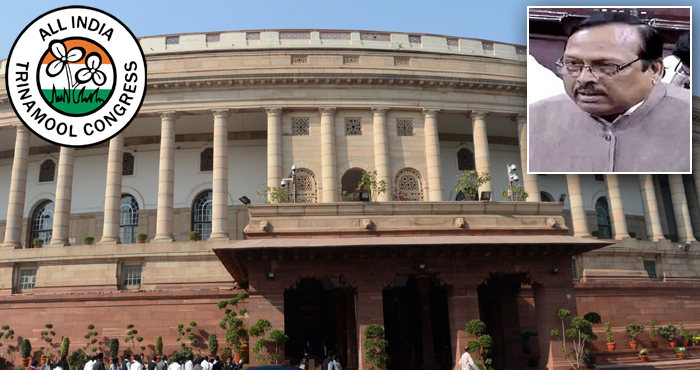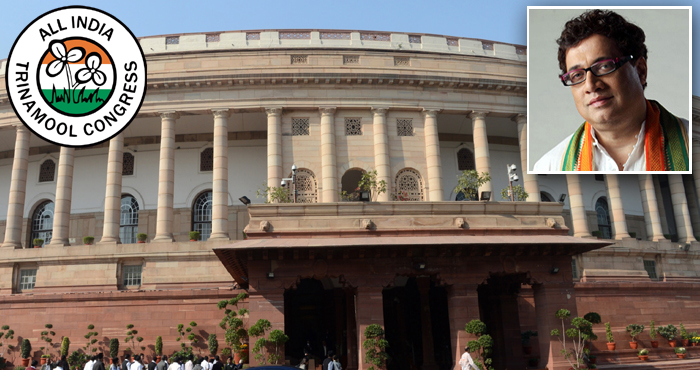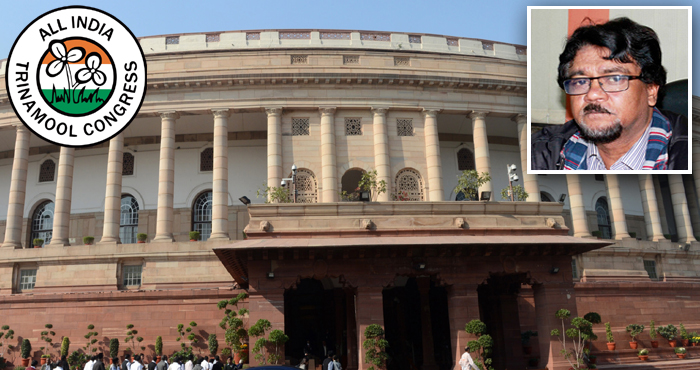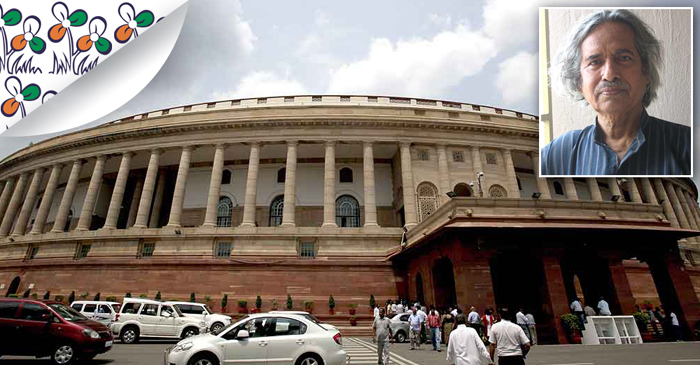Sir, presently in the High Courts of our country there are 477 vacancies; and we all know how it has been caused. After this Parliament and the State legislatures passed the 99th Constitutional Amendment Bill, the Constitution Amendment Act and the NJAC Bill, the Supreme Court set it aside, calling it unconstitutional and void; the Minister’s statement is also on record in this regard.
Sir, over a period of time it has been held that the word ‘consultation’ in Article 366 has been understood as ‘concurrence.’ A new meaning has been imported into our Constitution. Not only under Article 366, there are several articles of our Constitution – like 124, 217, 127, 222 – where the word ‘consultation’ is there. And in all those cases, consultation is binding and the ordinary dictionary meaning is accepted. But only in the case of Article 366, ‘consultation’ has become ‘concurrence.’ So kabhi ha, kabhi na, ye dono jagah change kiya jaa raha hai. Arising out of this situation, the entire system of appointment of High Court judges has come to a standstill.
Now the Minister says in his statement, in para 6, that ‘it has been decided that the Government of India may finalise the existing MoP (Memorandum of Procedure) in consultation with the Chief Justice of India.’ So again, consultation will be interpreted as concurrence with respect to the Chief Justice of India. So it is not a consultation, it is concurrence. Hence it would have been better had the Minister used that term.
We have been reduced to that level and the Parliament has been ignored like anything. When the Parliament is in session, why isn’t the MoP discussed here? Why does the Government discuss it only with the Supreme Court and others? If suggestions have been invited from the public in general through the website of the Ministry of Law and Justice, why are the parliamentarians left in the dark? According to me this is an effort to ignore and undermine the existence of Parliament. This is why I am asking, why should the members not discuss? When the Parliament is in session, it is incumbent on the Minister to discuss the matter on the floor of the House. Otherwise, I think, as per my party’s point of view, the Government will bid goodbye to the greatest tradition of Parliament if we are kept in dark about the MoP.
This is a very serious issue, Sir. This is not a one-time affair, Sir. Once this MoP is accepted in some form or the other, this will continue to be in force for years together, nobody knows for how long.
Lastly, regarding the word ‘consultation’ – there should be an interpretation to the effect whether consultation means concurrence or not in each and every article of our Constitution. For that the Government should move a Bill defining the word ‘consultation.’
Thank you.





